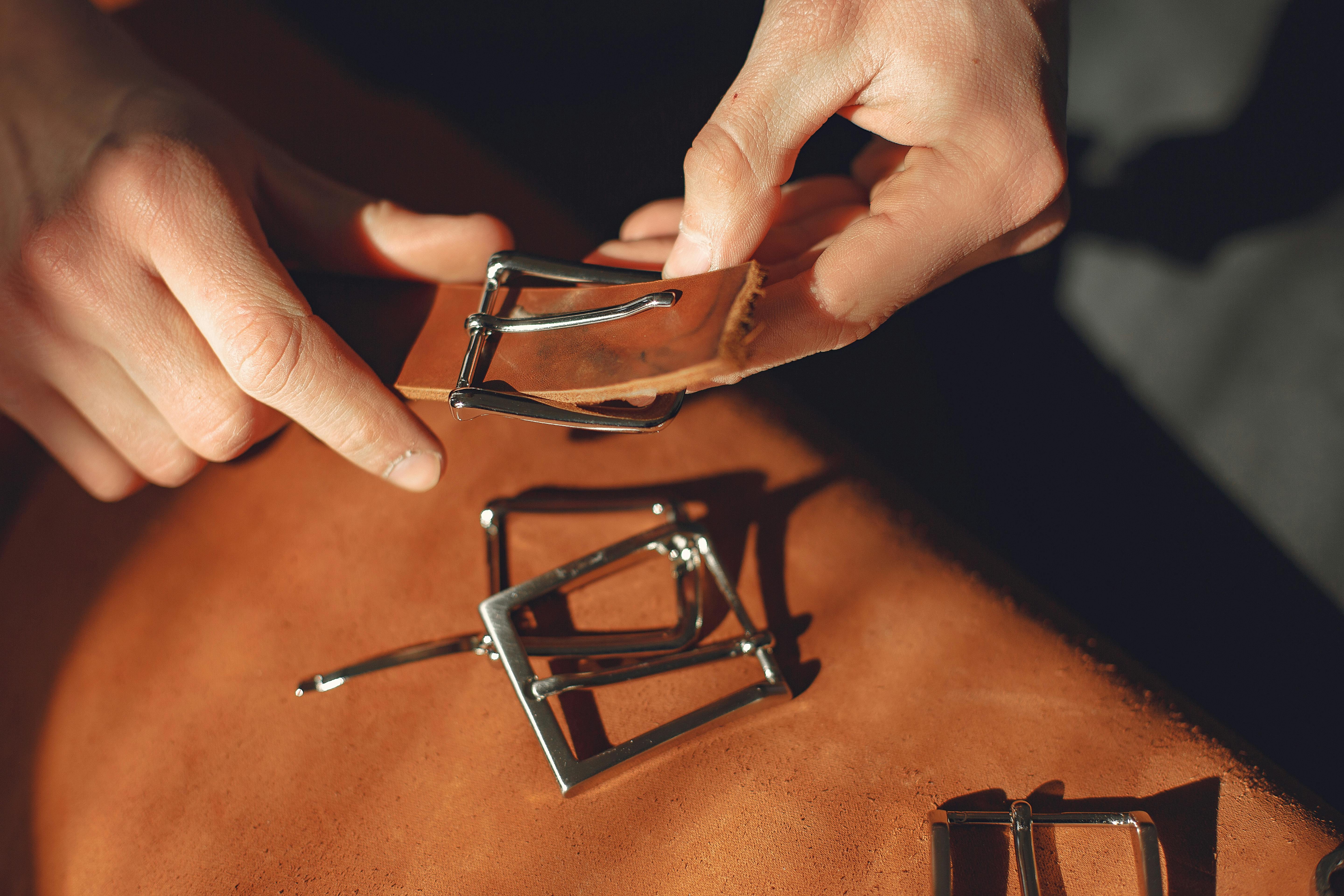Urinary tract infection, or UTI, is the colonization of microorganisms in the urinary tract in such quantity and form that damage or symptoms are produced. When only the urethra and bladder are affected, it is called a lower urinary tract infection. When the ureters and kidneys are affected, the name used is “upper urinary tract infection.”
WHAT CAUSES URINARY TRACT INFECTION
UTI is commonly caused by bacteria that are also present in the normal flora in and around the openings of the body and in the digestive tract, such as Escherichia coli bacteria. Most of the time, bacteria enter the urinary tract through the opening of the urethra. Women get urinary tract infections more easily because they have a shorter urethra, so bacteria have a shorter path to enter the bladder.
The diseases Chlamydia, Gonorrhea, Syphilis are not normally called UTIs, although these infections often affect the urinary tract.
Defects in the urinary system can make a person susceptible to a UTI, such as strictures or valve-like structures in the urethra and defects that cause reflux from the bladder into the ureters. Physical damage to the urinary tract can also make it easier for bacteria to colonize and cause infection.
Using catheters or other instruments in the urinary tract can introduce bacteria and also cause damage that gives bacteria an easy opportunity to become infected.
THE SYMPTOMS OF UTI
UTI can occur acutely with very different symptoms. UTI can also develop slowly and chronically with only minor symptoms for a long time.
Symptoms for lower UTI are:
- Itching when urinating.
- Pain in the region of the bladder.
- Urge to urinate, even though there is little urine in the bladder.
- Need to urinate at night.
- Fever, usually mild.
- Cloudy urine with a bad smell.
- Pus discharged from the urethra or mixed with urine.
- Sometimes blood in the urine.
For upper urinary tract infection, the same symptoms often occur, plus these symptoms will be felt:
- Nausea and vomiting.
- Pain in the sides of the back and sides of the stomach, at the level of the kidneys, and often down to the region of the bladder.
- Sensation of pressure in the stomach region.
- High fever with chills and shaking.
- Strong fatigue.
UTI symptoms, especially blood in the urine, should always be investigated as a more serious disease may be the cause.
POSSIBLE COMPLICATIONS
For upper UTI, the infection can spread deep into the kidney tissues and destroy the structures that excrete urine. This process can gradually lead to kidney failure. The infection can cause scar tissue to grow in the urinary tract, for example, in the urethra, causing blockage and problems urinating.
In men, the infection can spread to the prostate and reproductive organs and destroy the function of the reproductive system.
When a pregnant woman suffers from UTI, the child tends to be born with too low birth weight.
DIAGNOSIS
UTI is diagnosed by a urine sample. The sample is tested for substances produced by the disease process, such as nitrites, leukocytes, or leukocyte esterase. A urine culture is also done to confirm the presence of the bacteria.
When children have been diagnosed with a UTI, it is helpful to perform urine flow studies and radiological studies of the urinary tract afterwards to see if there is backflow of urine into the bladder or other abnormalities in the urinary tract. This is also sometimes done by adults if UTIs recur frequently.
STANDARD TREATMENT
Urinary tract infection is commonly treated with antibiotics, such as: trimethoprim, cephalosporins, nitrofurantoin, or a fluoroquinolone (ciprofloxacin, levofloxacin).
Children who have been diagnosed with a urinary tract defect often receive long-term treatment with small doses of antibiotics, but recent studies have cast doubt on the validity of this regimen.
ALTERNATIVE TREATMENT
Although standard treatment is usually effective, it is not always successful in overcoming a chronic UTI. Low-dose antibiotic treatment to prevent new UTI flare-ups can cause side effects and is not always effective.
Therefore, alternative measures for treatment may be useful in addition to standard medications, and the same alternatives may be useful in preventing further UTI outbreaks.
Cranberry and blueberry may help against UTIs by killing the bacteria that cause UTIs. These herbs can be taken as juice or as a tea made from dried berries, and are also available as concentrates in capsules.
The sugar type D-mannose also appears to help eliminate infectious bacteria from the urinary tract.
Cranberry, blueberry, and D-mannose seem to help by sticking to bacteria or the inner lining of the urinary tract and making it harder for bacteria to stick to the inner walls and infect tissues. Instead, the bacteria are expelled in the urine.
Goldenseal root and uva ursi also have effects against bacteria that infect the urinary tract.
Remedies that alter the pH of the urine to make it more acidic or also more alkaline appear to counteract infectious bacteria. It appears that bacteria only thrive in a very narrow pH range. Mineral supplements containing citrate alter the pH in an alkaline direction, and can be used for this purpose. Cranberry seems to give more acidic urine and also helps in this way.
Some studies indicate that acupuncture may help prevent further outbreaks of urinary tract infection.
LIFESTYLE MEASURES
Many lifestyle measures can be used to prevent UTI flare-ups and help cure UTIs.
- Wearing clothing that prevents the lower body from getting cold is helpful in many people’s experience.
- Drinking plenty of water makes it much easier for infectious bacteria to be eliminated.
- Urinating after intercourse and cleaning the urethral opening removes sexually transmitted infectious bacteria before they can invade the urinary tract.
- Using condoms during anal intercourse can prevent infectious bacteria from the rectum from entering a man’s urethra.
- After anal intercourse, vaginal intercourse should be avoided without a good washout first.
- Practicing good intimate hygiene and wiping from front to back on bathroom visits can prevent bacteria from entering the urinary tract.
- Warm sitting baths without soap that can irritate can relieve pain during UTI and improve the healing process.




